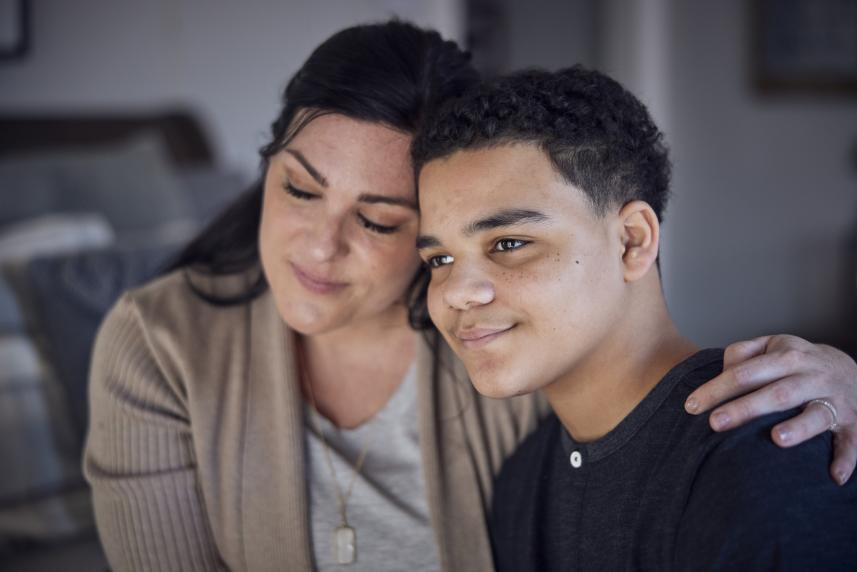How the HPV vaccine can save your child’s life
The HPV vaccine is safe and effective, and it could save your child’s life.

There’s no question: Keeping your child safe is your top priority. Now that they’re approaching their teenage years, the human papillomavirus (HPV) vaccine is an important part of continuing to keep them safe. HPV is a sexually transmitted infection that can cause serious cancers in adulthood. The HPV vaccine offers the best protection before teens become sexually active, according to the Centers for Disease Control and Prevention (CDC).
Still, it’s common to have questions about HPV and the vaccine, including whether the shot is even necessary. We’ve got the answers you’re looking for below.
What is HPV?
Human papillomavirus is the most common sexually transmitted infection in the United States, affecting 43 million people each year. It isn’t just one virus — there are many strains. Some HPV infections have no symptoms. Others cause warts, also called papillomas. Those warts are often on the skin, but sometimes they’re on the moist surface layers of other parts of the body too. Those areas can include the vagina, anus, mouth, and throat.
The biggest concern, though, is that certain types of HPV can lead to cancer. In fact, HPV is the cause of almost all cervical cancers, which affect more than 11,000 American women yearly. HPV is also linked to cancer of the vulva, vagina, penis, anus, and throat.
How effective is the vaccine?
The current HPV vaccine offers protection against nine of the highest-risk strains that can cause cancer or genital warts. And according to the American College of Obstetricians and Gynecologists, the HPV vaccine is 97 percent effective at preventing cervical cancer and cancer-causing cell changes, if it’s administered before exposure to the virus.
Is the vaccine safe?
Yes. The HPV vaccine went through years of extensive safety testing. It is licensed by the U.S. Food and Drug Administration.
The HPV vaccine is recommended for people between the ages of 9 and 26. Age 11 or 12 is considered ideal for the vaccine. Additionally, some adults between the ages of 27 and 45 may benefit from the vaccine — particularly if they did not receive it when they were younger, or if they didn’t complete the full recommended series.
Here’s a closer look at how the HPV vaccine is administered, according to the CDC:
- A two-dose series (initial dose, then another six to 12 months later) for most people who initiate vaccination at ages 9 to 14. There must be at least five months between the first and second dose.
- A three-dose series (initial dose, then a second dose one to two months later, then a third dose six months after that) for people who initiate vaccination at ages 15 to 45, and for anyone who is immunocompromised. There must be at least four weeks between the first and second dose, at least 12 weeks between the second and third dose, and five months between the first and third dose.
Why is 11 to 12 considered the best age for receiving the vaccine?
After receiving their HPV vaccination, preteens produce more antibodies than older teens do, according to the American Academy of Pediatrics. What's more, receiving the vaccine earlier also protects kids against cancer before they have any exposure to the virus.
And while it may be tempting to wait until kids are little older, it’s important not to delay. Nearly a third of high school students have had sexual intercourse, according to the CDC’s latest Youth Risk Behavior Survey. Teens are often sexually active without their parents’ knowledge.
Bottom line? Scheduling an appointment for your child to get the HPV vaccine now could save them from a cancer diagnosis later. It may even save their life.


